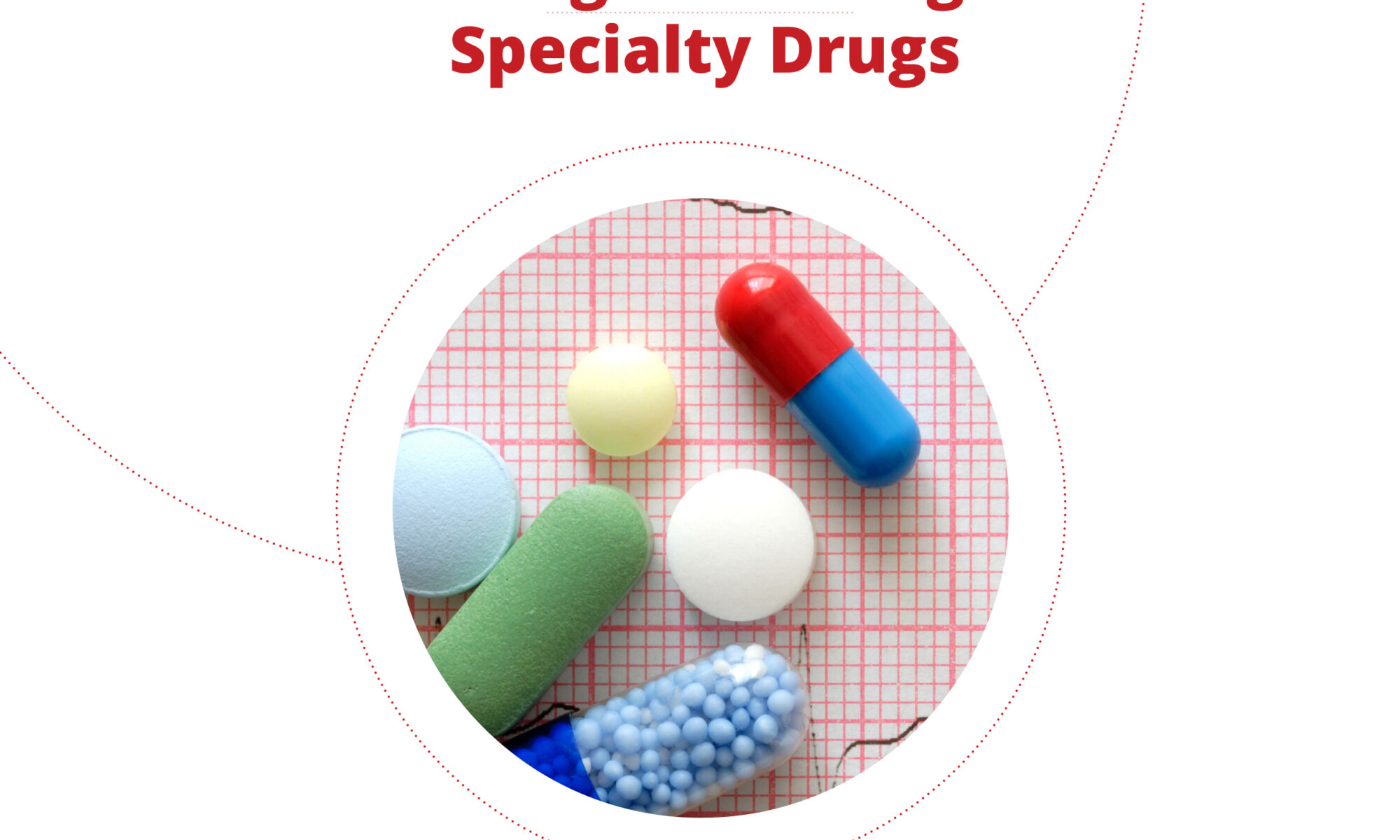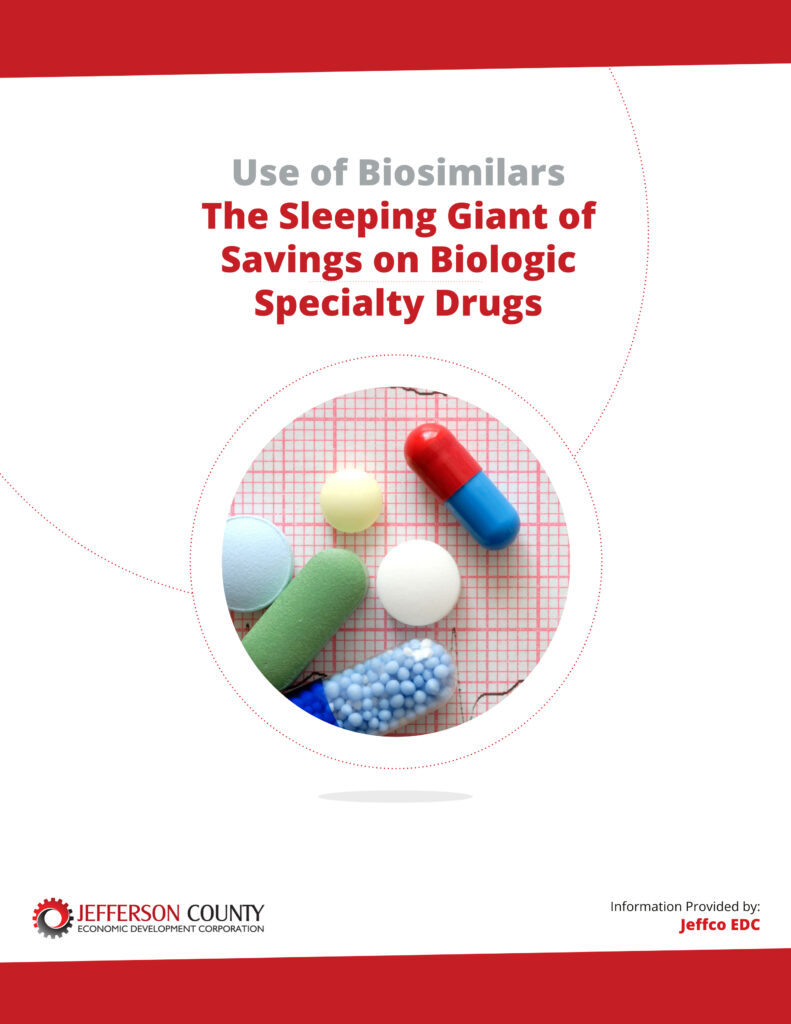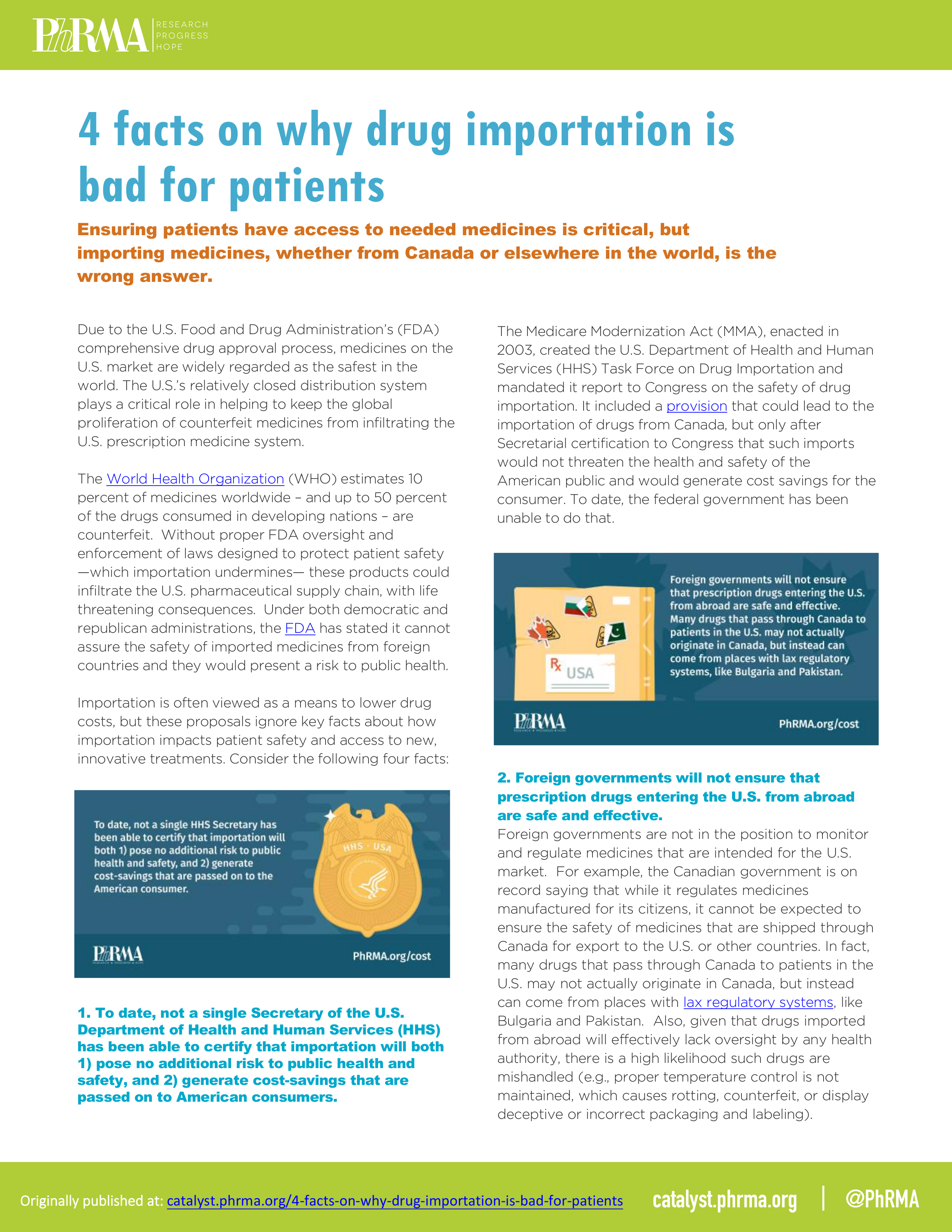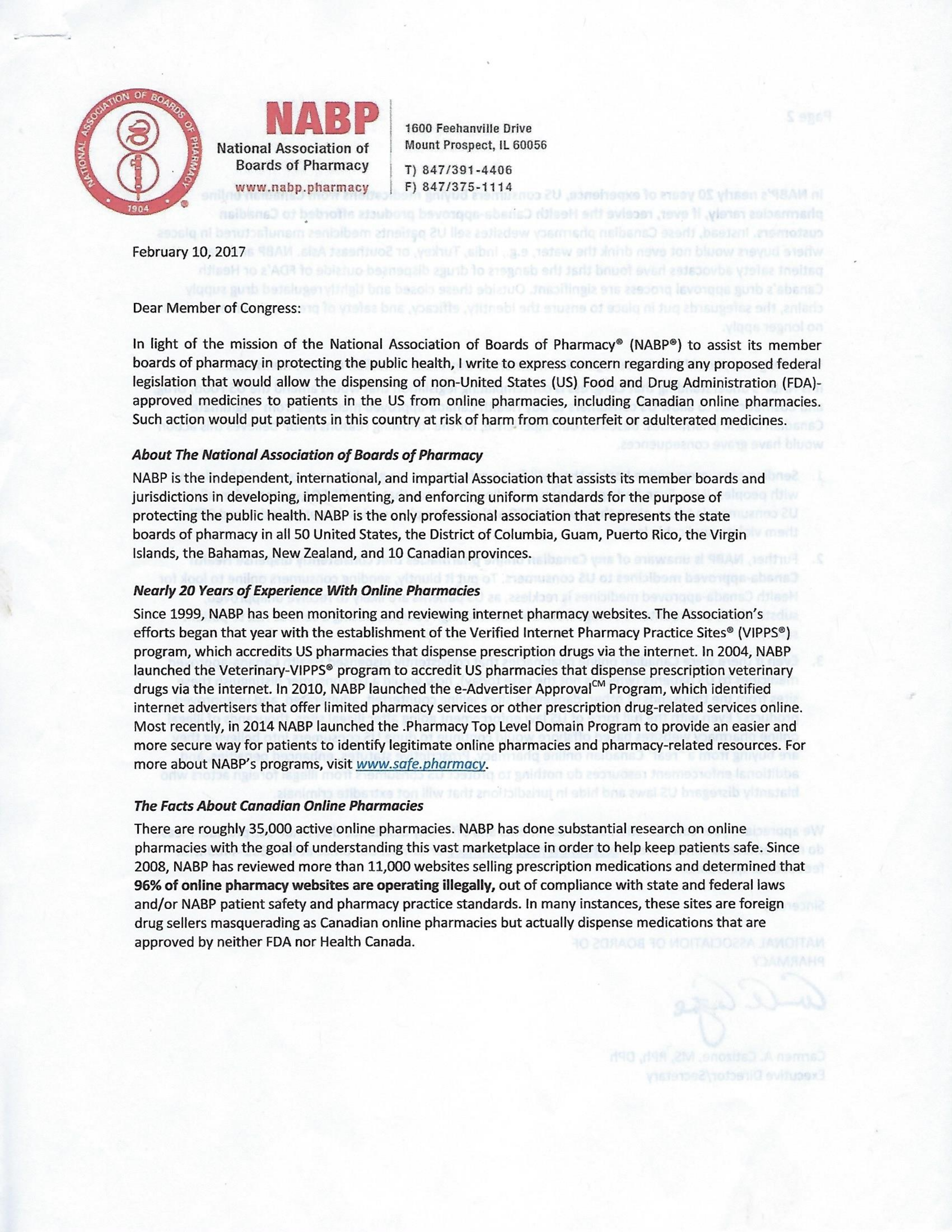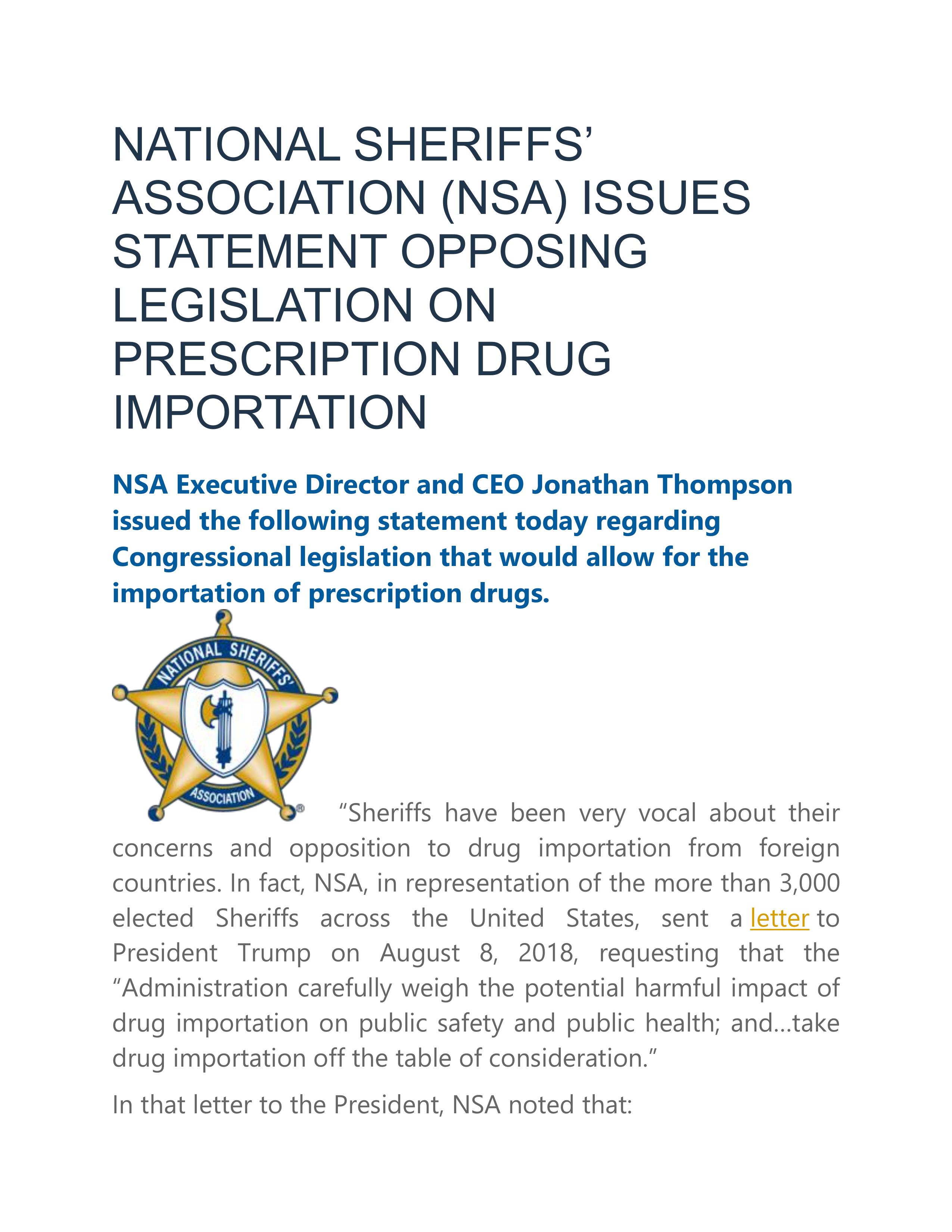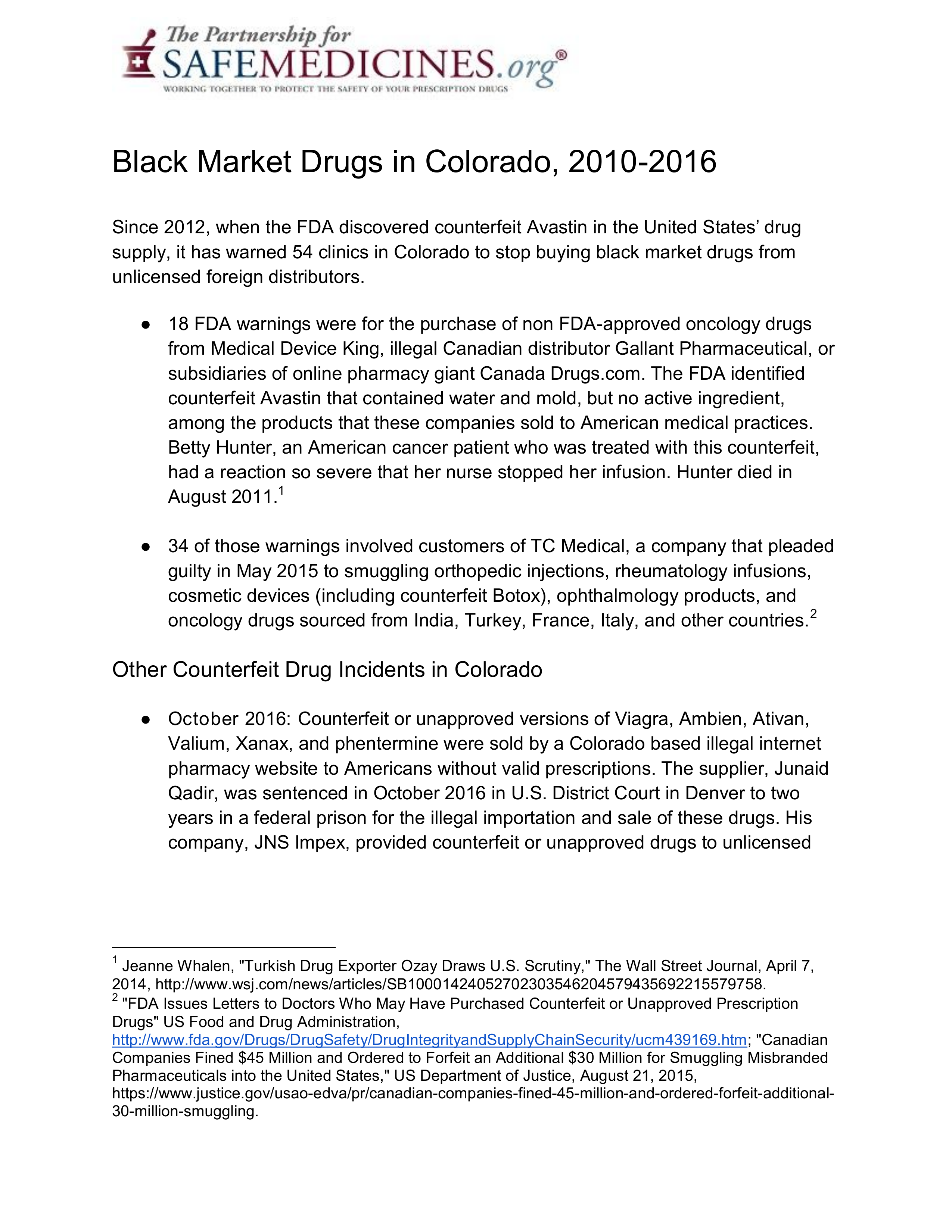Supporting Long Overdue Colorado Healthcare Consumer Rights

The year 2022 promises exciting and substantive opportunities to bring better health care to Coloradans. Maybe the most important of these is the discussion around a Colorado Consumer Health Bill of Rights. Similar initiatives have sprung up in other states, indicative of the need to put consumers front and center in the health care debate. It is long past time that consumer needs take precedence over the financial interests of health care corporations. We expect more to come very soon on this critical effort.

Kavita V. Nair
LET PATIENTS BENEFIT FROM PRESCRIPTION DRUG REFORM
“Coloradans continue to struggle to pay for their prescription medications. The largest yearly survey of Colorado households conducted by the Colorado Health Institute found that one in five Coloradans skipped health-care services due to cost concerns in 2021. Of the almost 10% of Coloradans who didn’t fill a prescription due to cost, 40% said their health declined.”
Read the full op-ed at: https://www.coloradopolitics.com/opinion/let-patients-benefit-from-prescription-drug-reform/article_36587002-c1e0-11ec-b2b8-579165e42efe.html

St. Rep. Iman Jodeh (D-Arapahoe)
LOWER OUT OF POCKET COSTS AND FIGHT BACK AGAINST COST SHIFTING
“Our bill is essentially a consumer protection bill, making common-sense reforms that will bring integrity and fairness to our health care system and save Coloradans taking expensive medications up to $1,000 a year.
First, this bill will immediately reduce out-of-pocket prescription costs for Coloradans and prevent insurance companies from pocketing the billions of dollars in prescription drug rebates meant to help Colorado patients pay for their medicine”

EMPOWER CONSUMERS AND LESSEN THE STRANGLEHOLD OF INSTITUTIONAL INTERESTS
Too little is being done in Colorado and across the country to put more power in the hands of consumers. Out of pocket costs and ‘skimpy coverage plans’ rob from consumers and oftentimes fail to deliver on the care people need.
The one positive piece of news from the challenges of the global pandemic is the transformative migration to digital health care. Practically overnight, consumers and providers discovered that many aspects of care can be delivered in totally different ways.
We need to take this disruption and convert it into a complete rethinking of how healthcare is provided that centers on the consumer, not the monied institutions that for too long have controlled healthcare policies.

LOWER OUT OF POCKET COSTS AND FIGHT BACK AGAINST COST SHIFTING
According to a new poll, Americans would like to see Congress focus more on reducing the overall costs of health care coverage such as premiums, deductibles, and copays (71%) over reducing the costs of prescription drugs (29%). This extends across party lines; 73% of Democrats and 64% of Republicans would like to see Congress focus on reducing overall costs of coverage.
And it’s no wonder. According to various sources, total out of pocket costs for families in 2018 exceeded $7,500 per year. We all have to be wondering what the point of insurance is if we have to pay upwards of $8,000 before any coverage kicks in.
There are scores of ideas available for Colorado lawmakers to consider that don’t involve draconian measures like setting prices or capping revenues. CHAIN will continue fighting for ways to directly lower out-of-pocket expenses and clamp down on the kneejerk response of shifting costs to consumers by providers whenever changes in the market occur.


